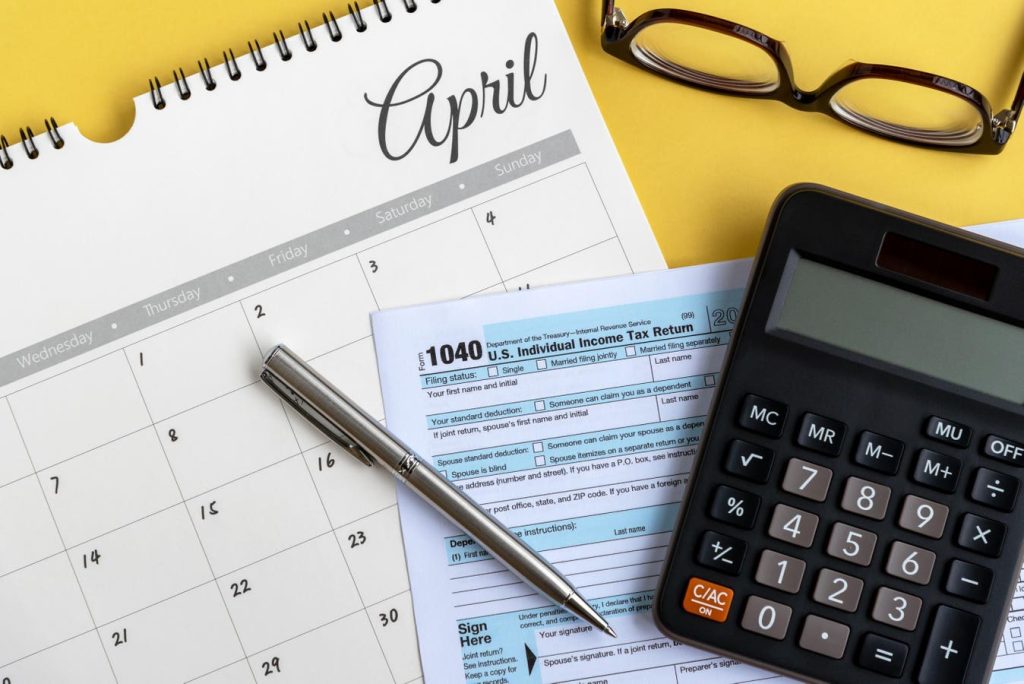The recent Tax Day marked the end of the annual tax season, but it also opened up new opportunities for enhancing financial health and planning. After completing tax returns, individuals and businesses should take the time to review their tax outcomes from the past year and prepare for the next fiscal year. This period following Tax Day provides a crucial window for reflecting on financial status and strategizing for the future.
One critical step in post-Tax Day planning is to review your tax return thoroughly. By comparing this year’s return to the previous year’s, individuals can identify any significant differences in income, deductions, and credits. It is essential to verify the accuracy of what was filed and look for potential opportunities for tax savings in the coming year. Documenting all potential opportunities and planning to incorporate them into the next year’s tax strategy is crucial. Seeking the help of a tax professional can provide personalized advice based on individual financial situations and tax laws.
Setting specific financial goals for the upcoming year is also crucial for effective tax planning. Using the SMART method, individuals can ensure that their goals are specific, measurable, achievable, relevant, and time-bound. Aligning tax planning with these goals can help individuals achieve them faster and optimize overall financial planning. It is important to maintain flexibility in financial goals and adapt them as needed, especially when unexpected changes occur, such as job loss or health issues.
Optimizing investments for tax efficiency is another key strategy in financial planning. This involves selecting investments that generate the least tax liability, such as tax-advantaged accounts like Health Savings Accounts and college savings plans. Implementing tax-loss harvesting and staying proactive about identifying and utilizing tax deductions and credits throughout the fiscal year can also provide tax savings opportunities. Maintaining detailed records of all potential deductible expenses and investments is essential for maximizing potential deductions and credits on tax returns.
Organizing tax documents and records in a dedicated filing system is crucial for simplifying the tax preparation process. Categorizing documents into clearly labeled folders and using reliable software or cloud services for digital storage can help individuals easily access their records and ensure everything is accurately filed throughout the year. Keeping meticulous records of deductible expenses, charitable contributions, and investments will support claims in case of an audit and help maximize tax savings.
In conclusion, staying informed about tax laws and regulations, maintaining an organized system for handling tax documents, and continuously planning for long-term financial success are essential even after Tax Day has passed. Regularly checking official sources like the IRS website and staying updated on new tax regulations through newsletters from tax professionals can help individuals navigate the ever-changing tax landscape. Proactive and continuous tax and financial planning are crucial for ensuring financial well-being in the long run.


